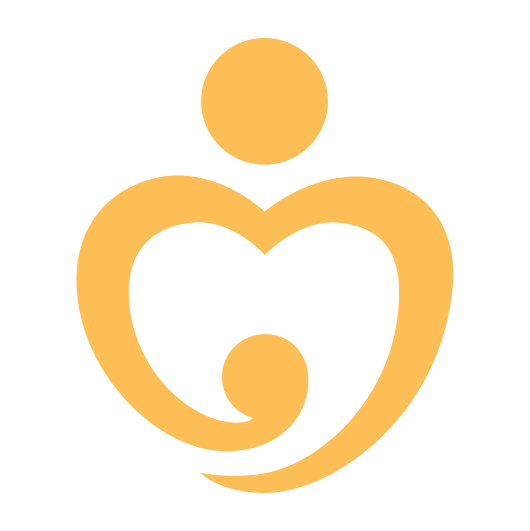We are Sisters to all Mothers
By Rita Dhungana
Government rural nurses always walk extra miles to help keep mothers and their babies safe in their communities. Their stories, often unheard in mainstream media, are inspiration of how Nepali nurses work hard to help local community in safe motherhood practices. Skilled Birth Attendant Rita Dhungana is one of government nurses who received support from OHW for developing her skills through our Simulation-based Mentorship Program (SBMP) and, we are proud to share her story.
The Simulation-Based Mentorship Program (SBMP) is a program that would not be possible without the support of Laerdal Global Health. Their role in this program is integral and we wouldn’t be able to maintain it’s efficacy without their partnership.
When we work as nurses for rural communities, our duties aren’t just limited to health facilities. There are no regular office hours or “typical” days. Even when we take time off, our hearts and minds are always set on the communities we serve. In villages where we work, we have close relationship with almost every household, and especially with the mothers who lovingly call us ‘Sisters.’ Some also call us ‘doctors’ because they haven’t seen a real doctor in the rural health posts. Every mother is a story for us that is embedded in our hearts and we remember each story so vividly.
This February, there was one such story I wanted to share so that Nepali’s outside the rural municipalities know how mothers struggle to bring their babies into this world. Panchamaya T. is one such mother whom I consider not just my patient but also my sister. It was fate that brought us together into each other’s life.
I still recall meeting her in mid-2020 when she had come to our birthing centre in Risku ward of Katari Municipality for advice on family planning. After bearing a son and a daughter, she didn’t want another child because her family was so impoverished that they couldn’t even afford decent care for their current family. I suggested her to do birth control implant and she happily agreed.
But after 5 months, she returned from her far-off Belkot village in ward 7 of Katari asking for my help to remove the transplant as her husband wanted a second son. I was shocked to hear that, since she didn’t want a third child but insisted because it was her husband’s wish. I also tried talking to the husband to change his mind because of their own harsh reality at home but he was very adamant and didn’t care about my concerns. I also knew it was their right and decision. So, I agreed and removed the implant.
After three months, they came to me for a pregnancy test which turned out to be positive. This is where we play our part in being responsible for each pregnancy and for each expecting mother’s healthcare and safety. So, I asked them to come for regular antenatal care (ANC) visits which includes four visits throughout the nine-month period. They managed to come for the first visit but missed the second because they couldn’t afford to travel as they had no money for transport.
So, I called the local FCHV Bishnumaya Tamang and she managed to send the couple for the second ANC visit. I kept on pushing them to come for all four visits throughout nine months. Through OHW’s support for tele-health ANC service, we were able to top up our mobile data and we could make as many calls as necessary for ANC counseling.
Then on 1 February, FCHV Bishnumaya called me early in the morning sounding very worried about Panchamaya’s health as she had been in labor pain for two days. There were three of us nurses at the birthing center, but four of us were then in home isolation after we all tested positive for COVID-19. I had been resting for six days and I wanted to be there to help my fellow nurse, so I went for an antigen test, and I turned out to be COVID negative.
We met her at the birthing center and after conducting a full examination, her contractions were mild, but we still wanted to keep her under close observation. We wanted to send her to the District Hospital in Katari where they had a better equipped birthing facility and more trained nurses, but Panchamaya worried about her two children and insisted that she would return home.
After three days, I got a frantic call from the daughter of local FCHV Bishnumaya that Panchamaya was in terrible pain. I was worried that if we didn’t send help, both the baby and mother would be at high risk of death. It was very early in the morning, and it was our day off. It was cold and there was heavy rainfall. Her four-year old daughter was also crying on her mobile pleading to save her mother who was suffering from extreme pain.
I asked FCHV Bishnumaya to find people to carry her on a stretcher and she told me there were no men in the village. Even her husband had left his wife to drink with his friends despite the pain he had seen his wife suffering the previous night. I was desperately looking for an ambulance. We managed to get support through our Rural Health Facility Operational and Management Committee (HFOMC) and got access to a free ambulance thanks to our Katari Municipality.
I packed all the necessary supplies such as, gloves, oxytocin, cord clamp, blood pressure and intravenous cannula (IV) set and got into the ambulance expecting that she was in a near-birth situation. This was the type of situation I was always prepared for and that is what I learnt from the SBMP training provided by OHW. During the training program, our whole health post team was involved learning how to work as a team during any emergency. That day was today!
The ambulance arrived while I was standing on the road drenched by the torrential rain. The driver was very worried about the road as they were badly damaged and it was very slippery. Ambulances do not usually have four-wheel drive and the driver was not sure if they could reach the village on time – or at all. Fortunately, we were able to meet Panchamaya halfway as they were able to find some people to carry her on a stretcher. When I saw her, her clothes were all wet with amniotic fluid. She was also shivering cold and looked so weak.
I made an emergency call to the clinical staff of OHW in Gaighat, where they helped us to coordinate with the nurses at the district hospital. There was only one doctor, who made every effort to help. But there was no blood and so, I got in touch with Dr. Amrash Mahato through the MNH Helpline and he gave every support he could. He also arranged an ambulance through the Social Security Trust. Neither I nor the family had money to pay for the ambulance.
We used the MNH Helpline to contact senior doctors and specialists. This service initiated by OHW has been such a tremendous help for us rural nurses during such critical situations. It was through the MNH Helpline that helped me to get direct access to Dr. Amrash who then helped me through his referral at Lahan Hospital where I didn’t know anyone. But his referral had made it so easy for me and all the staff helped us. They helped us to arrange the blood and finally, we and made every preparation to send her to the Operation room for delivery. After 45 minutes of waiting, a healthy baby girl was born and not a son as they had expected. Both the baby and mother were safe, and I felt so relieved.
I called Panchamaya’s mother because there was no family member to take care of her. She was panicking because she didn’t have the money to travel from her village. I told her not to worry and just get in a bus to reach Gaighat. After we met, I asked her to shelter her until her daughter was healthy and strong. But she was worried that due to her own impoverished condition, she didn’t have proper room to take care of her own daughter. She eventually agreed to take her and would do anything to take care of both her daughter and granddaughter.
Our care doesn’t end with just birthing service
After returning to my office, I was still worried about their financial situation, so we managed to raise some funds through Facebook. Some of my nurse colleagues whom I had worked together were in Australia and they also sent money to help the mother and her baby. We also managed to raise nearly Rs 33,000 for the family from local government officials, One Heart Worldwide staff, health service providers and local community. We used the money to buy all the essentials needed for the mother and her baby - from hygiene kits to clothing, and food. We also handed over the leftover money to local FCHV Harimaya Tamang to ensure that Panchamaya is properly fed with nutritious food and meat as well as medicines needed to prevent any risk to her health.
I continue to follow up on her situation through tele PNC counseling and it makes me feel good that she is in a safe place. I want to thank OHW for all the help to build my confidence and developing my skills so that I can continue providing care for rural mothers.



